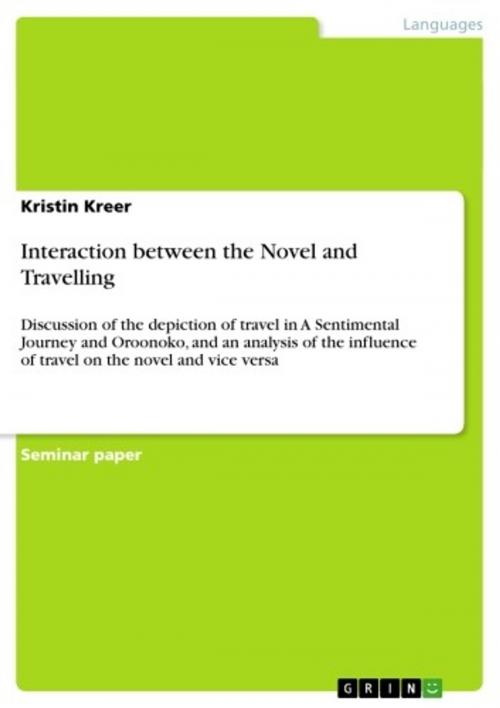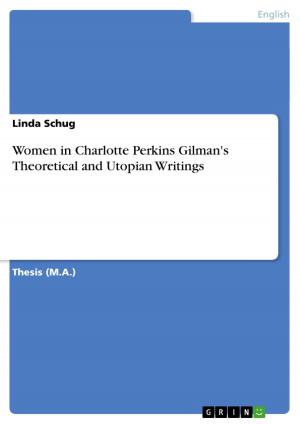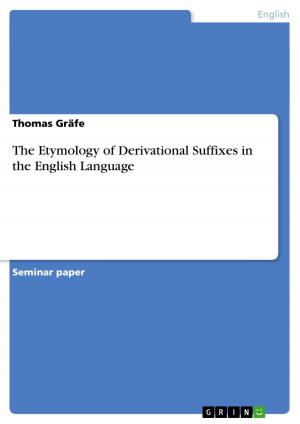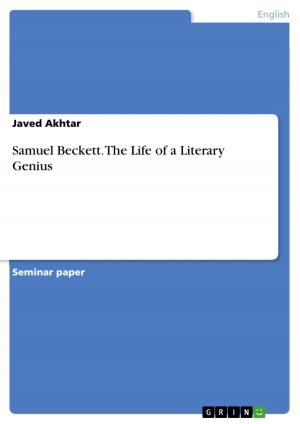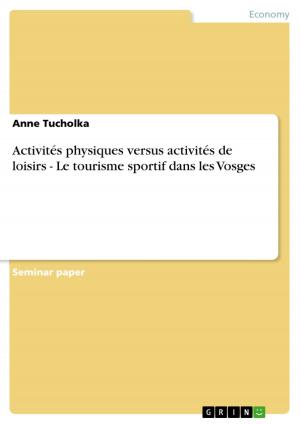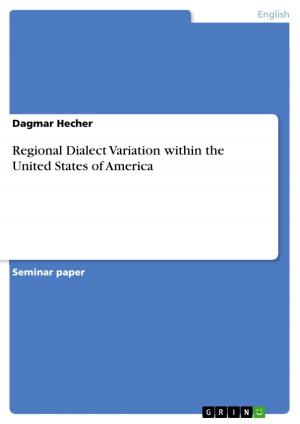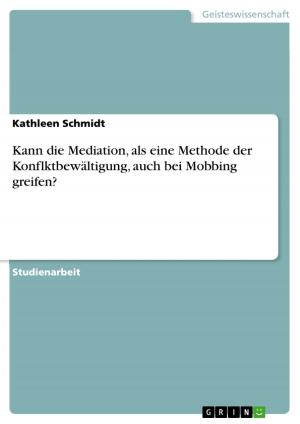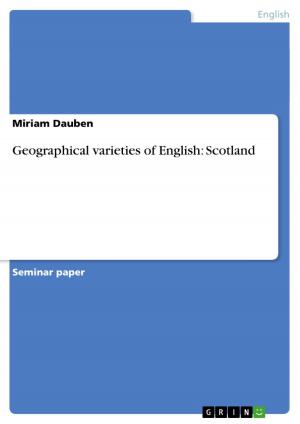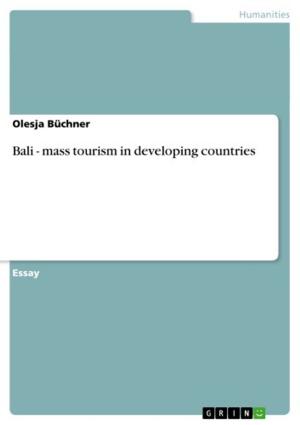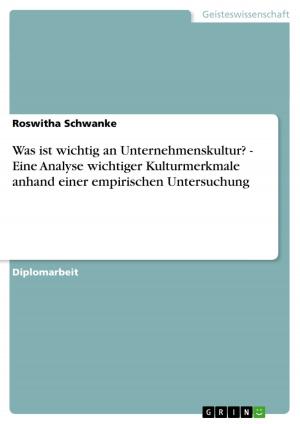Interaction between the Novel and Travelling
Discussion of the depiction of travel in A Sentimental Journey and Oroonoko, and an analysis of the influence of travel on the novel and vice versa
Fiction & Literature, Literary Theory & Criticism, British| Author: | Kristin Kreer | ISBN: | 9783640463961 |
| Publisher: | GRIN Publishing | Publication: | November 2, 2009 |
| Imprint: | GRIN Publishing | Language: | English |
| Author: | Kristin Kreer |
| ISBN: | 9783640463961 |
| Publisher: | GRIN Publishing |
| Publication: | November 2, 2009 |
| Imprint: | GRIN Publishing |
| Language: | English |
Seminar paper from the year 2008 in the subject English - Literature, Works, grade: 1,3, Technical University of Darmstadt (Institut für Literatur- und Sprachwissenschaft), course: The Rise of the English Novel, language: English, abstract: Standing at an international airport or a huge train station, we can observe two ways in which travellers spend their leisure time while waiting for their plane or train. Either, they are buying food or souvenirs, or they are reading. Some read their daily newspapers, others their favourite comics and some are hidden behind big books. Presumably, the majority of the people who are holding the big books are reading novels containing love stories, thrillers or something similar. While reading these stories, they are probably on a journey together with the protagonist of the plot, experiencing perhaps unknown or, to them, unfamiliar, but interesting and exciting situations. These people are travelling in their minds to far distant places while they are actually travelling, for example, to their working place, their home or to their holiday resort. What is true now, has been true then. Some people in the 18th century, who had the possibility to travel, took some travel accounts with them on their journey and read them while actually travelling themselves. Others who had to stay at home travelled, as well, by reading books. Although they were in different positions, they shared their love for reading and travelling. This term paper will analyse the connection between the two popular leisure time activities in 18th century Britain, i.e. travelling and reading novels.
Seminar paper from the year 2008 in the subject English - Literature, Works, grade: 1,3, Technical University of Darmstadt (Institut für Literatur- und Sprachwissenschaft), course: The Rise of the English Novel, language: English, abstract: Standing at an international airport or a huge train station, we can observe two ways in which travellers spend their leisure time while waiting for their plane or train. Either, they are buying food or souvenirs, or they are reading. Some read their daily newspapers, others their favourite comics and some are hidden behind big books. Presumably, the majority of the people who are holding the big books are reading novels containing love stories, thrillers or something similar. While reading these stories, they are probably on a journey together with the protagonist of the plot, experiencing perhaps unknown or, to them, unfamiliar, but interesting and exciting situations. These people are travelling in their minds to far distant places while they are actually travelling, for example, to their working place, their home or to their holiday resort. What is true now, has been true then. Some people in the 18th century, who had the possibility to travel, took some travel accounts with them on their journey and read them while actually travelling themselves. Others who had to stay at home travelled, as well, by reading books. Although they were in different positions, they shared their love for reading and travelling. This term paper will analyse the connection between the two popular leisure time activities in 18th century Britain, i.e. travelling and reading novels.
